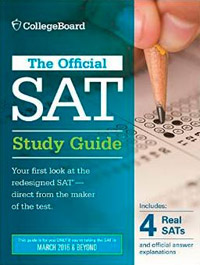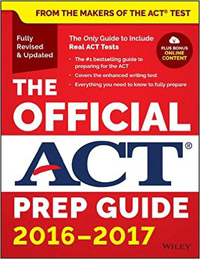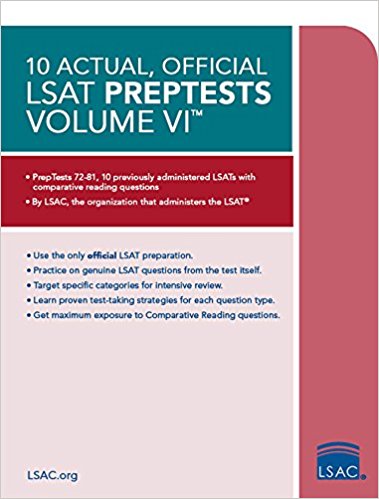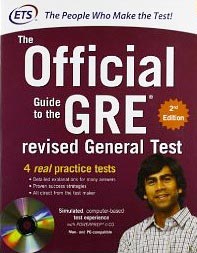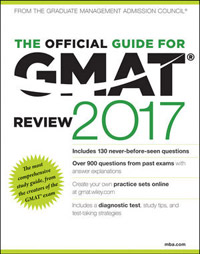|
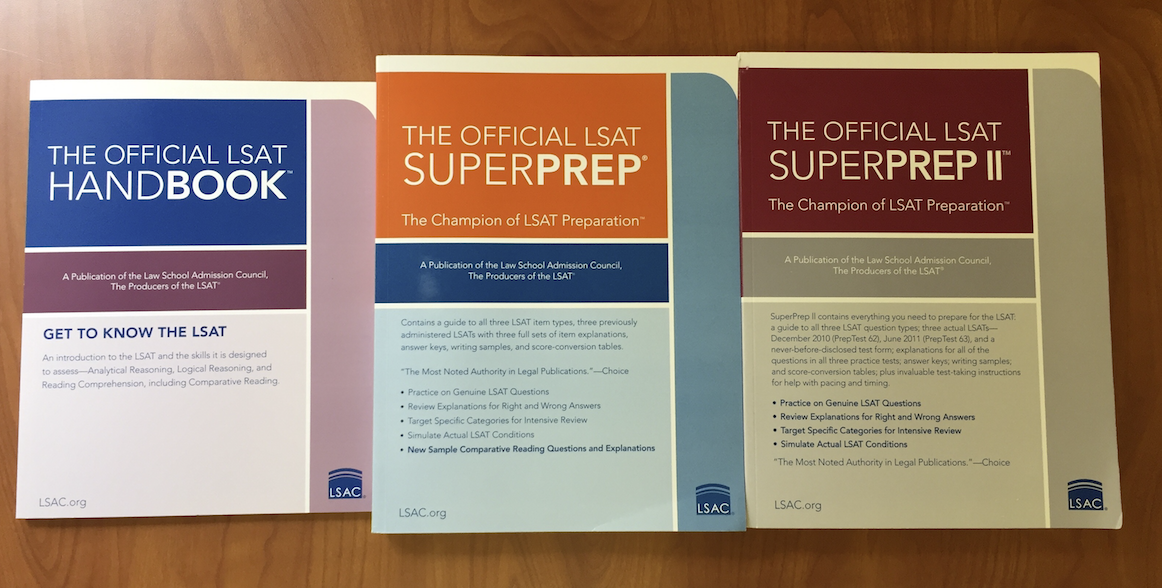
UPDATE: learn more about the new LSAT Writing section (sample topic here)
So, you're getting ready to go to law school, and you know that that means: conquering the dreaded LSAT. Although I ended up becoming a full-time private test-prep tutor/coach after graduating with honors from Harvard in 2002, there was a time when I was considering law school, too.
After scoring in the 150s on my initial practice tests (stupid Logic Games used to always trip me up!), I eventually scored 99% on the LSAT (173) as an undergrad way back in 2001—and I earned a 179 as a full-time tutor 10 years later. Today, I am an LSAT coach with over 20 years of tutoring experience, helping my students achieve scores as high as 177 and receive admission offers / full and partial scholarships from some of the world's top law schools.
Here's my 5-Step Plan for Mastering the LSAT:
1) Build familiarity with the LSAT and its content: Logical Reasoning (LR), and Reading Comprehension (RC). To do so, you should consider purchasing a good strategy guide. I recommend The LSAT Trainer by Mike Kim, which is by most accounts the best all-in-one LSAT strategy book available, as well as the Powerscore guides to LR and RC.
You should also check out Khan Academy's Free LSAT Prep Lessons, which are also incorporated into LSAC Law Hub, LSAC's official test preparation platform.
Other helpful LSAT test-prep books that I can personally recommend:
The PowerScore LSAT Logical Reasoning Bible
The PowerScore LSAT Reading Comprehension Bible
The LSAT is Easy
Manhattan Prep LSAT Logical Reasoning
Manhattan Prep LSAT Reading Comprehension
Manhattan Prep 5-Lb Book of LSAT Practice Drills
The Official LSAT Handbook
The Official LSAT SuperPrep
The Official LSAT SuperPrep II
Amazon - Top LSAT Books
Please note that many of these books have not yet been updated to reflect the LG-less LSAT. Thus, make sure to skip the Analytical Reasoning aka Logic Games chapters—since this section is no longer included on the exam!
If you’re more comfortable hiring a for-profit company for your self-paced online or in-person LSAT prep, then I am a fan of LSAT Lab, Powerscore, RC Hero, LSAT Demon, 7Sage...and to a lesser extent, LSATMax, Blueprint, and Testmasters. Stay away from large, watered-down companies such as Kaplan and Princeton Review who try to teach every test under the sun, and look for a company that specializes in LSAT.
Of course, the very best way to learn and improve your LSAT score (shameless plug alert) is by hiring a master tutor like me — because 1-on-1 lessons are customized specifically for you and are thus the most efficient, and because independent, private tutors tend to be the best teachers. Still, we are not miracle workers: even the very best tutors/coaches will need at least 5-10 hours of instruction to make a big difference in your LSAT score.
2) Purchase or download some official LSAT PrepTests. You can purchase 12 months of digital access to the vast majority of official LSAT PrepTests directly through LSAC, via LSAC LawHub Advantage ($120/year)—which is a great deal compared to the cost of paper tests. LSAC LawHub has also absorbed most of the free LSAT instructional lessons that were formerly found on the Khan Academy website.
Start slowly, methodically working your way through official practice questions and/or lessons, untimed and in small chunks. If possible, stop after every question, check your answer, and review if necessary—completing questions one a time is a very slow process, but it is the best way to learn, especially at first. For this purpose I prefer older LSAC tests.
With over 96 real, official LSAT PrepTests at your disposal, there is no need to start all the way at the beginning, but it is better to save the newer tests for later in the process / full diagnostic exams. Once you are ready, start taking a full, timed test every 2-3 weeks or so (depending on the length of your preparation) to gauge your progress. PLEASE DON’T START TAKING TIMED TESTS UNTIL YOU FEEL READY! YOU HAVE TO LEARN TO WALK BEFORE YOU CAN RUN.
In the meantime, create an LSAT Error Log, which is basically just a fancy name for a spreadsheet of your mistakes, aka "wrong answer journal." Knowing the correct answer is very simply not enough: on both LR and RC, you must be able to explain why your answer is correct and all the others are incorrect.
3) About 1/3 of the way through your preparation, it’s time to break out the stopwatch and start paying closer attention to time. For some people, this is no problem; for others it can be a whole new ballgame. Questions that suddenly seemed easy to answer when you had no time limit all of a sudden seem impossible. Don’t worry — this is natural. Practicing timing is essential, but it is important to start slowly and work your way up to the timed tests and practice sets. I suggest working for either 35 minutes at a time (the length of 1 LSAT section) or 105 minutes at a time (the length of 3 consecutive LSAT sections). I also suggest smaller sets of questions (10-20 questions, 10-20 minutes) for when you don’t have much time to study or you need short-term motivation. In the meantime, feel free to keep working through tougher questions at your own pace.
4) About 2/3 of the way through your prep, you need to shift your focus to full, timed practice LSATs. I suggest taking at least 5 full LSATs before you sit for the real thing—at this stage you need to practice mental (and physical) endurance above all else. In the meantime, you are going to want to stay sharp with short, timed drills of 10-20 questions each. Try to set small goals for yourself at the beginning of each session. Look back at the last time you tried questions of that question type, and see how you did. Got 15/20 on LR last time? Shoot for 16 or 17 correct this time. You get the idea. As far as the practice tests, don’t bother reviewing them the day you take them — after 3 hours of LSAT, your brain is going to be way too fried. Instead, wake up the next morning if possible, and review then: "regular review" goes first, then "blind review" once you've forgotten the question and correct answer.
Remember that for every question you get wrong you should spend at least 5 minutes reviewing that question and attacking it from every possible angle, as well as adding an entry into your error log for later review.
5) Eventually, you should be ready to conquer the LSAT! You can register for the LSAT here—it is now offered seven times per year. Keep in mind that you are only allowed 5 official LSAT attempts every 5 years, and 7 official attempts lifetime, and that as of 2025, most law schools will only consider your highest LSAT score: although all scores from the last 5 years are visible on the LSAT score report, the general consensus is that one's lower scores are rarely taken into consideration...though this is not universally true.
Although test takers can now cancel all LSAT scores using the expanded "score preview" option, please keep in mind that cancellations are still marked as a "C" on the score report, and still count toward annual and lifetime testing limits.
Here's a little recent LSAT history: The traditionally paper-and-pencil LSAT briefly switched to an in-person, digital tablet format starting in July of 2019—and that shortly after the onset of the COVID-19 pandemic in early 2020, it switched again to an at-home, online, remote-proctored exam format (the new digital LSAT is administered by ProctorU, and the digital writing sample is administered by LSAC).
The old paper-based LSAT (last released administration: November 2019) used to be 5 sections long, with 2 counted LR sections and 1 experimental section.
When the online LSAT (at the time called the "LSAT Flex" to avoid being confused with the short-lived, tablet-based digital SAT taken in a test center) was introduced due to COVID, the number of counted LR sections was reduced from 2 to just 1. Though the online exam was only 3 sections long for a time — with no experimental section — it now includes 4 sections, with one experimental section (RC, LR, or LG) and only one counted LR section, and is back to being called the digital LSAT...or just the plain old LSAT.
As of 2025, the digital LSAT is now the main way to take the LSAT (though there is now a test-center option once again).
You will need a reliable computer, a fast internet connection, and a quiet spot with no distractions in order to take the digital LSAT under optimal conditions.
The LSAT now consists solely of 2/3 Logical Reasoning, 1/3 Reading Comprehension, and one uncounted, experimental section of either type.
Upcoming LSAT Test Dates, 2025-26
————
Questions, comments, suggestions, exhortations? Contact me directly at mcelroy@post.harvard.edu.
Best of luck on your LSAT and beyond,
-Brian
-----
copyright 2002-2025 Brian R. McElroy
Founder and President, McElroy Tutoring Inc.
email: mcelroy@post.harvard.edu
Toll-Free: 1-866-584-TUTOR (8886), x 4
Direct (Call or Text): 619-889-2935
www.McElroyTutoring.com
Back to Blog Home
|



